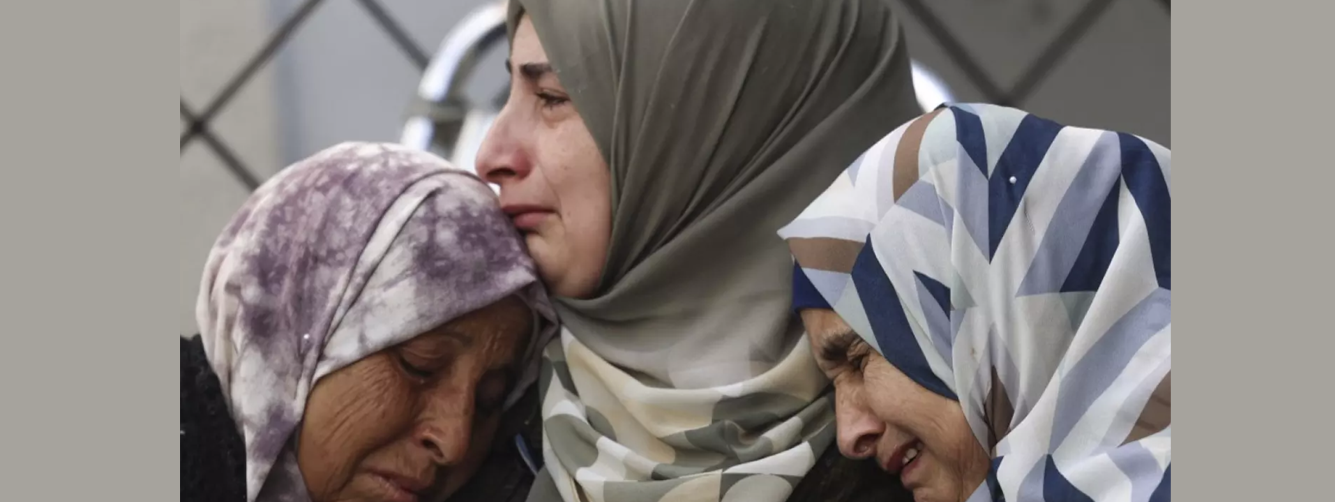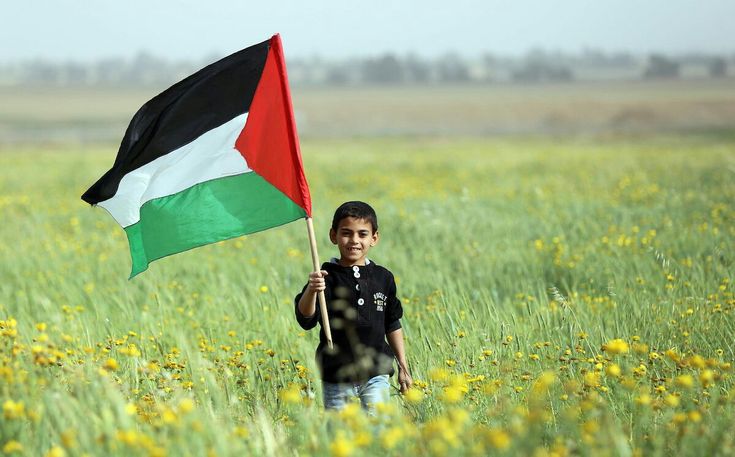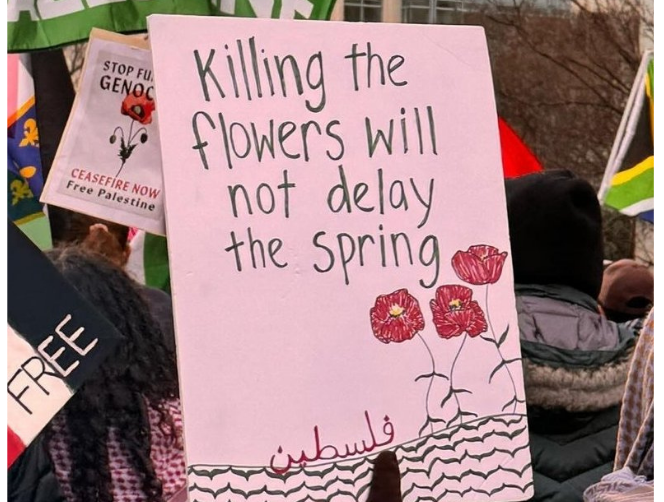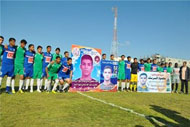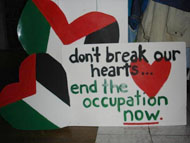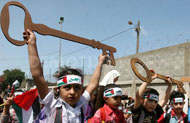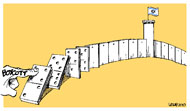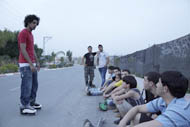
The streets of Qalqilya are, as many other streets, in many other cities, decorated with graffiti. In Qalqilya, however, the word ‘skate’ seems to appear more frequently than in other Palestinian cities. During a visit to the city that is completely surrounded by the separation wall, I found out why ‘skate’ is such a popular word here. In Qalqilya skating is resistance. It is a way out of the mindset that the Israeli occupation imposes on Palestinian youth and it is a way to break down the mental and physical barriers they encounter every day.
In Qalqilya I met Sajed Olbah who is in many ways the founder of the skating culture in the city. In 1995 his father brought him a pair of rollerblades from Israel and since then Sajed has taught himself and many other boys in Qalqilya how to use them. Mainly the boys figured out how to use the skates themselves, how to do tricks and improve their skills. The internet is an excellent resource in this regard. Even if the Qalqilya skaters are not able to travel far or meet and learn from many other skaters, they learn from watching film clips of others on sites like Youtube.
There are now over 200 skaters in Qalqilya. Hip hop culture has been thriving in Palestine for the past decade and the youth here are doing everything from skating and parkour to graffiti and beatboxing. These boys are literally using the wall surrounding Qalqilya to show their resistance to the occupation in several ways. They write graffiti and they parkour off the wall. This way they get to express their anger and frustration towards the Israelis and the wall that keeps closing in on them.
There is very little room for the boys to play, practise and develop their skills in Qalqilya. They use the school yard, the zoo and the areas close to the wall. But mostly they skate at night, in back alleys and in the streets. They are outsiders in the city and have no proper place to hang out and no proper facilities. That is why Sajed, the entrepreneur that he is, opened a skating club in 2010. He used the money he had saved up from his hair salon and created a space to skate, parkour, hip hop and write graffiti. He took a small membership fee from the youth who came to the club, but running it without funding was too expensive and they had to close down the club after only three months.
Now the skaters of Qalqilya are back in the streets, but Sajed is still dreaming of a club or a skate park where the kids can come and hang out and develop healthy interests. For Sajed and the other youth in the group, skating is not only a way of expressing resistance and opposition to the Israeli occupation. It is just as much a way of experiencing a feeling of freedom that is rarely found inside the walls surrounding their city.
In September 2011, American filmmaker Adam Abel started shooting a documentary about the skaters in Qalqilya. Through the film, he is documenting the story and journey of Sajed and the other boys, showing their skills and movements, hopes and dreams. But he is not just making a film. His hope is that the skaters will be able to get the funding they need through the publicity of the film to finally reopen the skating club permanently. The hope is that more people will recognize the importance of Sajed’s efforts to mentor the young boys and give them a place to be and a healthy outlet for their frustrations. The fact of the matter is Sajed is not just teaching them how to skate, but is offering them even more valuable life lessons, exclusive to Palestine – how to repel the walls surrounding them and find freedom in defying gravity and resisting occupation.
Julie Holm is a Writer for the Media and Information Department at the Palestinian Initiative for the Promotion of Global Dialogue and Democracy (MIFTAH). She can be contacted at mid@miftah.org.




